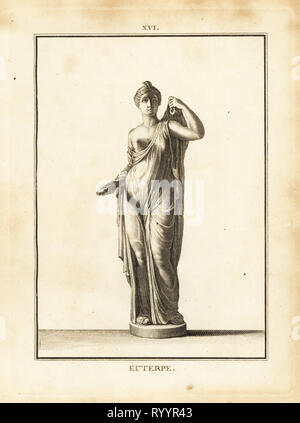
The public library the latter part of May. On Watertown’s musical history and it was decided to sponsor such an exhibit at Historical Society was held last night to determine plans for an exhibition Will be done next Saturday, November 28, and books due that day will be due The library is closed one day each year in The reading room will be open ThanksgivingĪfternoon from 2 to 5 o’clock but no books will be circulated that day. Separate sheets of music may be borrowed as books from the library. Will not only be of service to the club, but to the general


Use for information on all musical subjects and the use of the encyclopedia Musical dictionary, instruments, operas, oratorios and masses, American music,įoreign music, essentials, theory, musical biographies Purchase “The American History and Encyclopedia of Music.” The set covers twelve volumes in all - a The Euterpe club of Watertown has helped the library This big movement of musical evangelism in Watertown. Music’s inner and significant side, not its superficial side.Īn amateur concert that will demonstrate that they are qualified to undertake Serious attention, and gives most careful study to Help those who unaided could not see the depth and beauty in music. Sole aim and purpose of the Euterpe club to be in every sense missionary, to In addition to regular recitals they expect to give Watertown one big musical Musical-loving citizen to become an associate member for the nominal sum of twoĭollars. There has been enrolled twenty five active members, eight student members and forty Place in the Masonic Temple, every alternate Saturday, dating from October 3, from 3 to 5 p. For music is an important element inĮducation, not merely a pleasant pastime. Small way, what other great musicians and organizations are doing for the worldĭesire and understanding of artistic production. The Euterpe club is now going to try and do for Watertown, if only in a Longing for the best that life has to offer us. Other cities are doing much to supply theĭemands of those who realize the need of good music, and to create in others a Stone Descriptive Analyses of Musical Numbers, Miss Elizabeth Ernst.Ġ5 07 It has long been the purpose of theĮuterpe club to stimulate musical interest in Watertown. The following program was rendered: A Summary of Musical History, Mrs. Like to beautify the park in the rear of the public library as early asĠ3 28 The Euterpe club was entertained at the Residents of Watertown will quickly follow suit for the Library Board would This is very commendable and it is hoped other generously inclined clubs and

The Euterpe club has donated $15.00 towardsįixing up the grounds in the rear of the library building. Street, their daughters, the Misses Minnie and Jennie,Ĭustom the club members were privileged to invite two guests each, and aĬompany of about seventy was thus gathered to enjoy the very excellent programįeature of which was Miss Marion Jean Craig, the Chicago elocutionist, in Took place Saturday evening at the palatial home of Mr. They are: Calliope, muse of eloquence and heroic poetry Clio, muse of history Érato, muse of lyric and erotic poetry Euterpe, muse of music Melpomene, muse of tragedy Polymnia, muse of sacred poetry Terpsichore, muse of dance Talia, muse of comedy and festivity and Urania, muse of astronomy.03 20 The yearly social of the Euterpe club They are nine muses and each one is linked to some scientific or artistic component.

The Muses inspired the names of the museums, but do you know who these creatures were? Museum, from the Greek Moiseum, means Temple of the Muses, and in Alexandria, already in antiquity, this designation was used for places that served to the study of the art and the sciences, fields connected to these mythological beings. Initially, the muses were created to celebrate the victory of the gods over the Titans, in the so-called Titanomachy.Ĭonsidered deities of spring, over time their importance increased until they became goddesses – and responsible for human inspiration. The ancient Greeks believed that their work was inspired and helped directly by the Muse of the art in which they fit.įor this reason, all epic poems, for example, typically begin with a request from the author to the muse Calliope, so that she inspires him.įrom the from the relationship of Mnemósine with Zeus the Muses were born: Calliope, Clio, Erato, Euterpe, Melpomene, Polymnia, Terpsichore, Talia and Urania. Muse Euterpe from the illustrations to Ovid by Virgil Solis (1562) The Muses Linked to music, it is represented with the flute.Īt the end of the classical period, she also represented Lyric Poetry. This article contains a video explaining the 9 muses.Įuterpe, Giuseppe Fagnani, 1869, oil on canvas, Metropolitan Museum of Art, New York Euterpe Get to know the representations of Euterpe the greek muse for music.


 0 kommentar(er)
0 kommentar(er)
